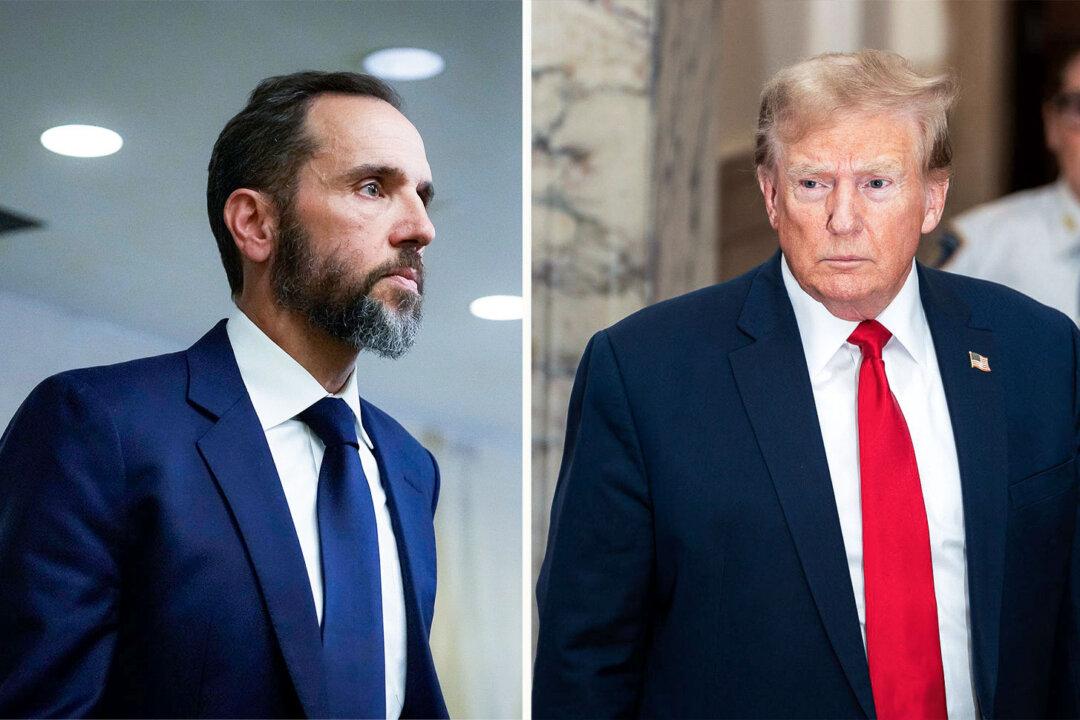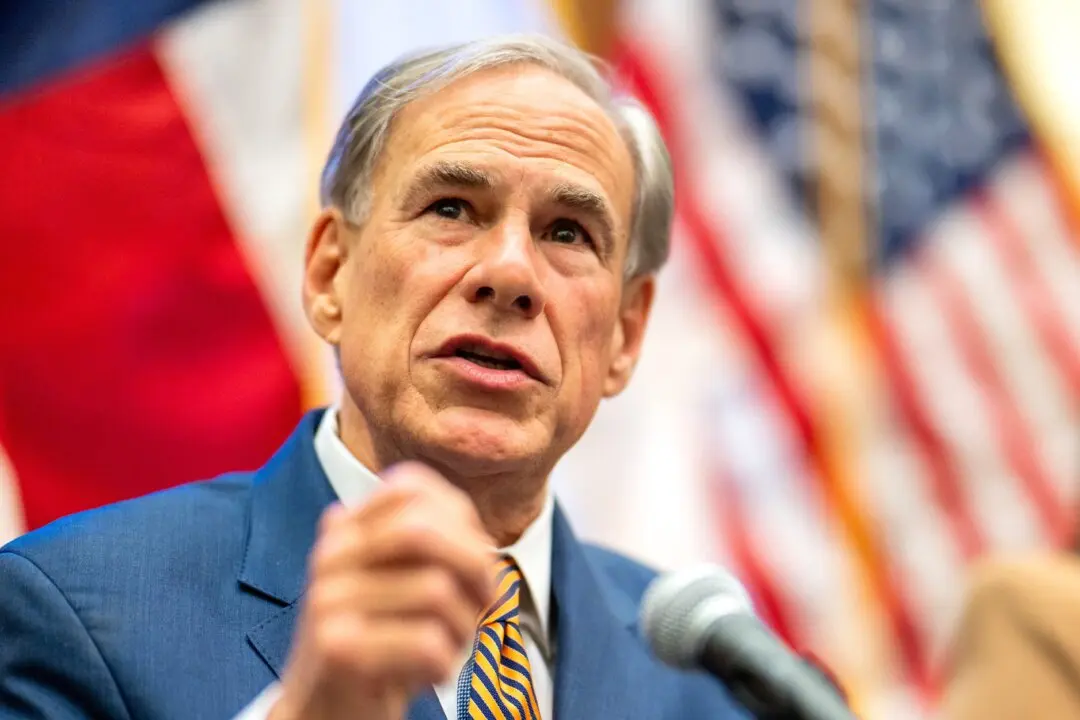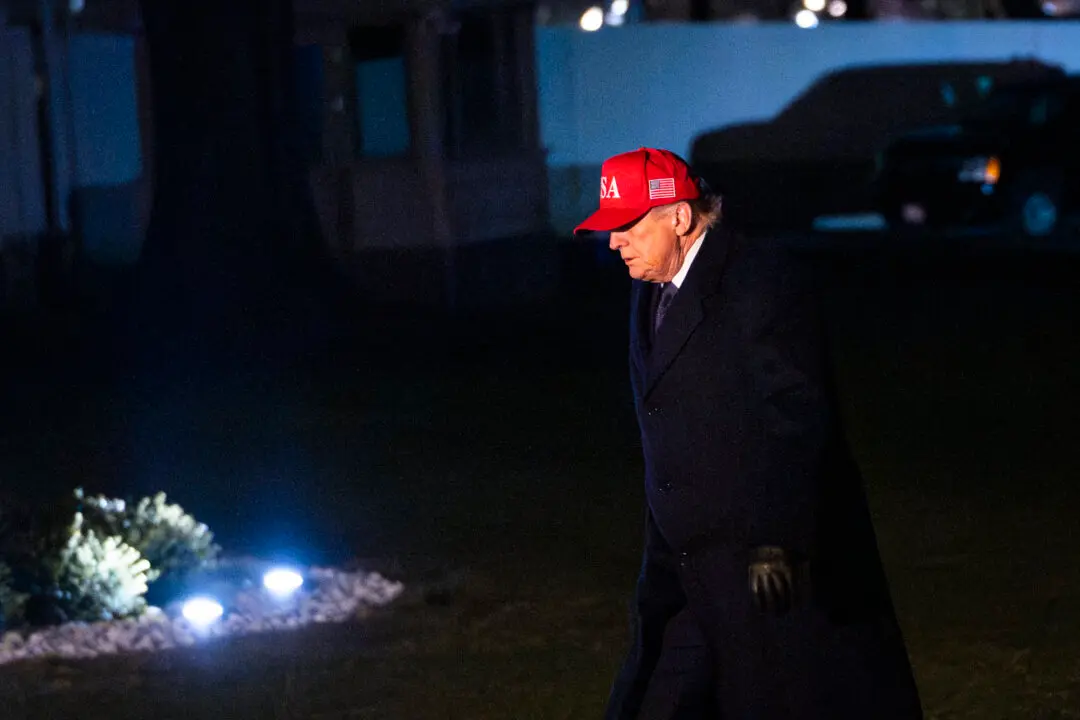Special counsel Jack Smith on Nov. 25 dropped the charges in his election interference case against President-elect Donald Trump, while also moving to drop his appeal of a judge’s decision in the president-elect’s classified documents case.
In a six-page court filing in a Washington federal court, Smith’s team wrote that the Department of Justice (DOJ) has long argued “that the Constitution requires that this case be dismissed before the defendant is inaugurated,” referring to Trump’s recent election victory.





